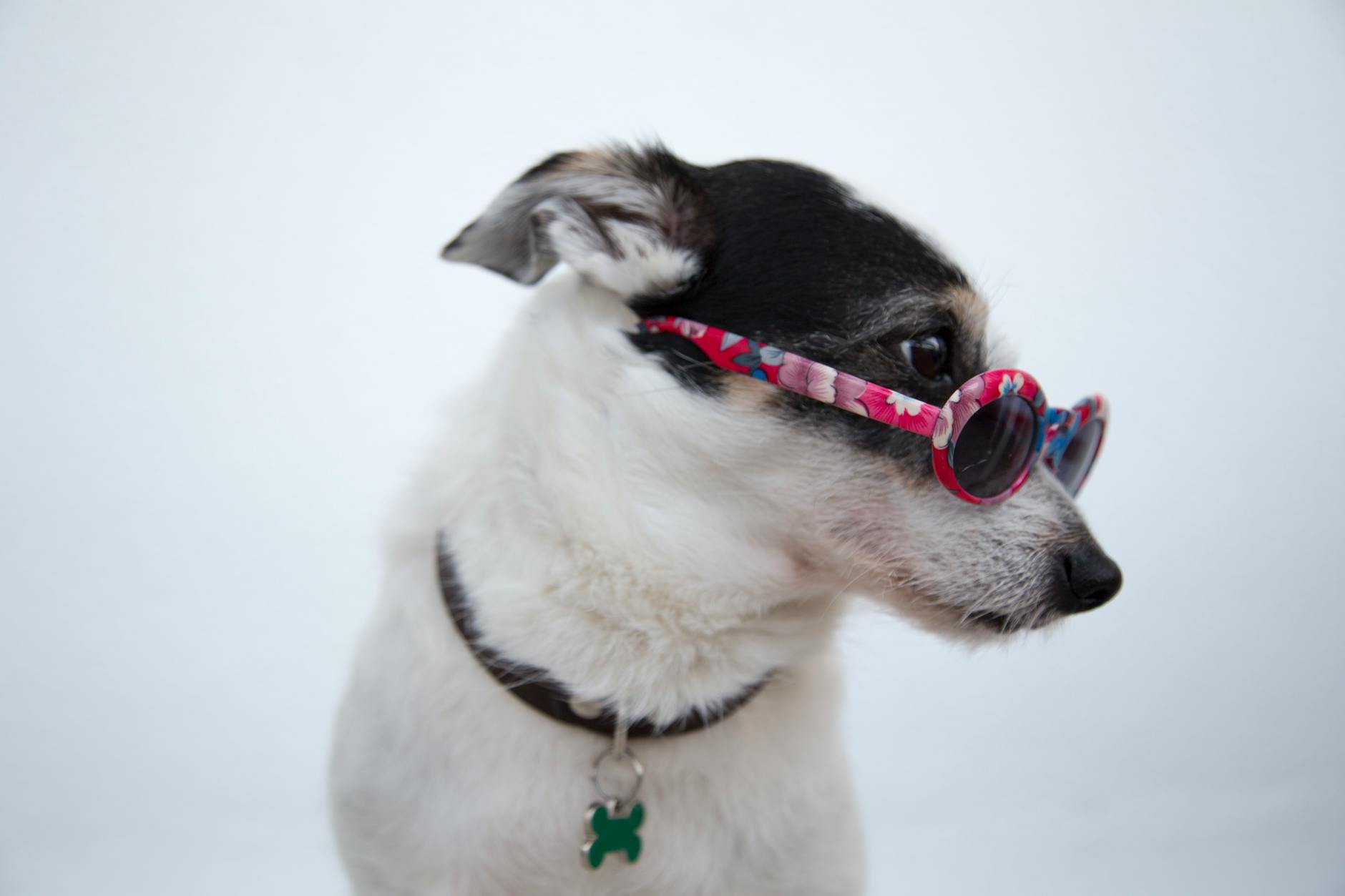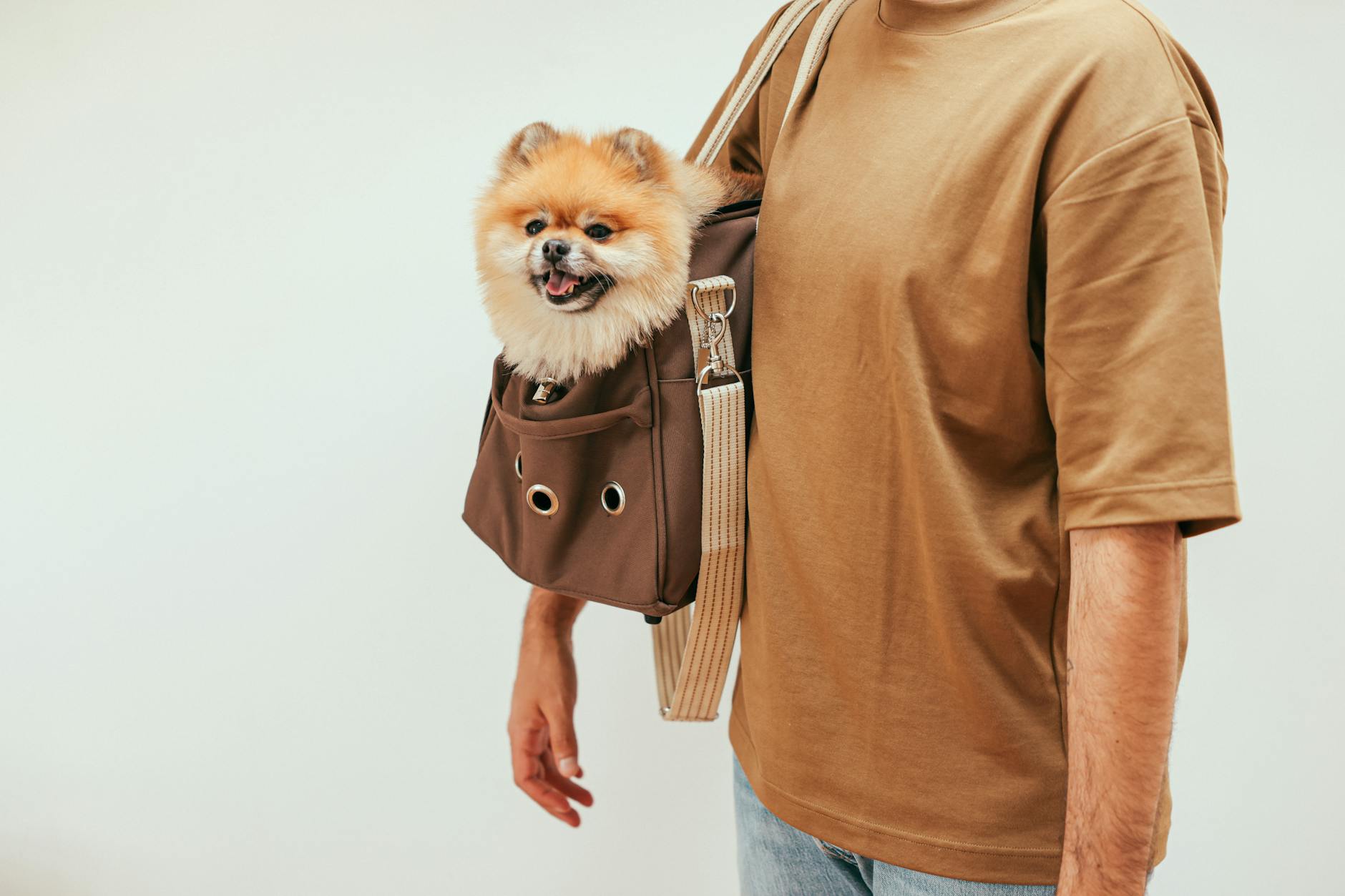Why Australia is Leading the Way in Sustainable Dog Care

Australia's Pioneering Efforts
Key Sustainability Practices
The Royal Botanic Gardens Victoria offers a remarkable backdrop to explore Australia's leading sustainability efforts. Here, eco-conscious practices are interwoven into every community initiative and reflect broader societal trends towards sustainable living. On a personal level, adopting these practices into our lives can help foster a harmonious bond with nature. From conserving water to incorporating green energy solutions, these practices not only benefit the environment but also create a more sustainable future for all of us.
Innovative Pet Care Solutions
For the pet-loving community in Melbourne, integrating innovative pet tools like gps dog tracking devices and anti bark collar technologies aligns with our sustainability goals. These devices can help ensure the comfort and well-being of your pet while reducing anxiety and promoting positive behaviors. With a keen focus on eco-friendly materials and designs, such innovations can be seamlessly integrated into urban dog management practices. By investing in these tools, dog owners can enjoy peace of mind knowing they are contributing to the wellness of both their pets and the planet.
Community-Driven Initiatives
The community atmosphere at places like the Royal Botanic Gardens Victoria fosters a deeper connection to nature and sustainable living. By participating in local initiatives, such as volunteer clean-up days or educational workshops, individuals can actively engage in community efforts to promote ecological health. This collaborative spirit not only strengthens community bonds but also leads to impactful changes in the way we interact with our environment.
Eco-Friendly Products for Dogs
Living in Melbourne, I've noticed how sustainability is becoming a significant part of our daily lives, much like the initiatives blossoming at The University of Melbourne. With this eco-conscious mindset, choosing natural and ethical products for our furry companions is vital. One area that demands attention is managing our pets' behaviours using humane technologies, like bark collars. The contemporary bark collars available today ensure minimal stress for dogs while adhering to ethical considerations.
It's important to select products that align with our environmental values. Investing in anti bark collars that incorporate sustainable materials is a step in the right direction. Many people might overlook the importance of the environmental impact of their choice, reminiscent of how we take note of sustainable innovations within our local communities. By choosing products that are both effective and sustainable, we can contribute to a healthier environment for everyone involved.
Having traversed the Royal Botanic Gardens Victoria, it’s evident how thoughtful design that considers both functionality and ecology can produce stunning results. Similarly, implementing eco-friendly solutions for dogs not only facilitates better relationships with our pets but also empowers us to make sustainable choices every day. By integrating these practices, we promote a balanced and mindful lifestyle that resonates beyond our singular efforts.
Green Living With Dogs
Living sustainably with your dog involves creating an environment where both you and your pet contribute positively to the ecosystem. At the heart of Melbourne's push for eco-friendly living, the Royal Botanic Gardens Victoria serves as an inspiring bastion of biodiversity and sustainability insights. Integrating similar values into dog care practices can make a significant impact.
Energy-Efficient Pet Habits
Consider adopting energy-efficient practices in your dog's daily routine. Simple changes like switching to LED lights or using energy-efficient appliances when preparing your dog's meals can lower your environmental footprint. Even the mechanical aspects like automatic dog feeders and water dispensers are available now with energy-efficient options, making daily pet care a bit greener.
Waste Reduction Techniques
A critical component of sustainable pet care is effective waste management. Compostable dog waste bags are gaining traction, providing an eco-friendly option for disposing of pet waste. Reducing waste also involves being mindful of packaging when purchasing dog products, opting for brands that utilize recycled materials or minimal packaging.
Eco-Conscious Travel Tips
Eco-friendly travel with your furry friend requires thoughtful planning. Choosing non-toxic, biodegradable dog electric collars or a thoughtfully selected shock collar not only aids in reducing electronic waste but also ensures your pet's safety. Additionally, carpooling or using public transport when heading to dog-friendly destinations helps cut down on emissions, making every adventure a step toward sustainable living.
Sustainable Healthcare Practices
Holistic Veterinary Care
In Melbourne, the demand for holistic veterinary care reflects a growing awareness of eco-friendly approaches to pet health. Holistic practices consider the entire ecosystem surrounding our pets, aiming to align with nature while addressing their health needs sustainably. When consulting a veterinarian, inquire about treatments that incorporate natural remedies and focus on maintaining a balance without contributing to environmental degradation.
Preventative Health Strategies
Adopting preventative health strategies is paramount for minimising your pet’s environmental impact. Regular check-ups, vaccinations, and natural supplements can significantly enhance your dog’s overall well-being. Additionally, emphasising eco-conscious practices like purchasing dog travel accessories made from recycled materials can contribute to sustainable living and reduce your carbon footprint.
Low Impact Medical Supplies
When considering medical supplies for your pet, choose products that are manufactured sustainably and have minimal environmental impact. Prioritise suppliers who commit to green manufacturing processes and utilise biodegradable packaging. While managing behavioural issues, avoid single-use items and explore sustainable solutions—though some may consider shock collars for a dog, many prefer soft harnesses and natural training alternatives.
By integrating these practices, you'll not only improve your pet's health but also champion sustainable innovations akin to those seen at The University of Melbourne. Embracing eco-friendly health care options contributes positively to the community's environmental goals.
Sustainable Dog Care Success Strategies
Streamlined Eco Product Choices
To create an eco-friendly lifestyle for our furry companions, it starts by being mindful of the products we choose. Opt for biodegradable dog toys and accessories made from sustainably sourced materials. Swapping out conventional feeding bowls for those crafted from recycled materials is a simple yet impactful step toward reducing plastic waste. When selecting pet food, look for those made from natural ingredients, prioritising local Australian brands that support ethical farming practices. When you source dog food locally, you're not just feeding your pet but contributing to a smaller carbon footprint.
Embedding Eco-Friendly Routines
Integration of sustainable habits into daily routines is essential for an environmentally conscious dog owner. Try using eco-friendly poop bags that are compostable, and whenever possible, embrace the natural spaces around us, such as off-leash areas in the Royal Botanic Gardens Victoria, to encourage physical activity. For grooming, natural ingredient-based shampoos and conditioners are both gentler on your pet's skin and better for our waterways. Moreover, adopt energy-efficient pet habits like managing heating levels and using solar-powered pet collars.
Common Pitfalls to Avoid
Avoiding common mistakes in sustainable dog care can prevent unintended harm to the environment. Overbuying pet products or opting for rapid delivery services increases carbon emissions; instead, organise group orders within your community to lessen transportation impacts. It’s also crucial to work with local professionals who understand the importance of sustainability, such as those involved in sustainable innovations at The University of Melbourne, who can guide you toward holistic veterinary practices. Navigating the balance between convenience and conscious living can foster a healthier, happier life for both you and your loyal four-legged friend.


